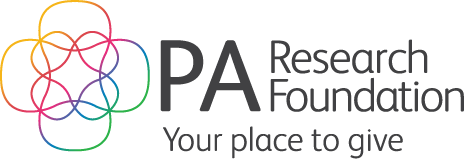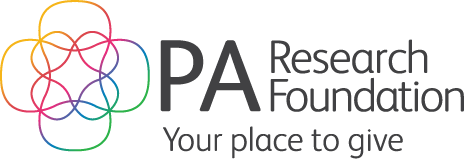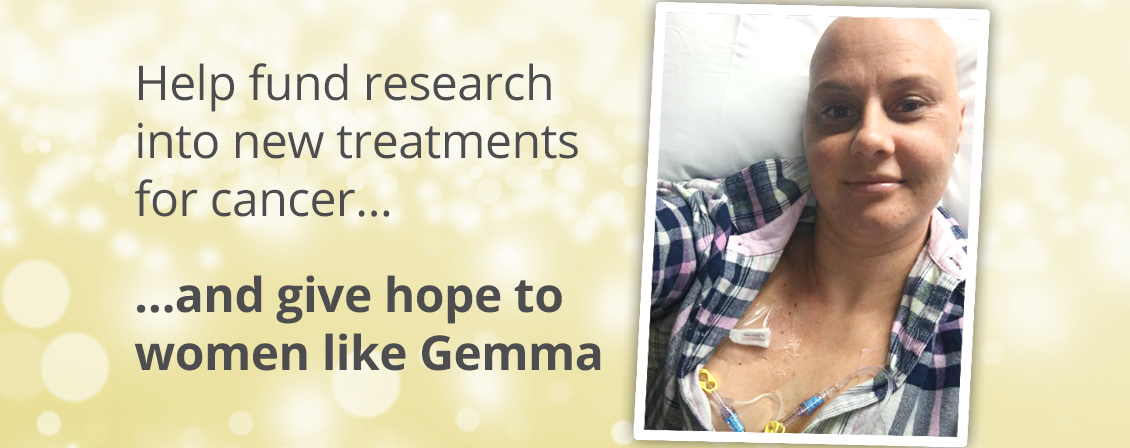Give a gift today, and help save lives.
Gemma was just 27 years old when she had to deliver devastating news to her children, Haylee and Will. She had been diagnosed with HER-2 positive, an extremely aggressive form of breast cancer.
Gemma remembers the first sign—her nipple was very itchy and immediately made an appointment to see her GP. She didn’t imagine for a moment it would be breast cancer.
It was an enormous shock, but for women like Gemma there’s an even greater shock to come. Despite all the progress that’s been made in breast cancer treatment, there are forms of breast cancer that are extremely aggressive and, all too often, come back—and then it is incurable.
Gemma can’t plan for the future at all. All she can do is live in the moment and treasure every day she has with her husband Scott and Haylee and Will.
That’s why we urgently need to raise funds to support research into new ways of treating aggressive breast cancers that threaten the lives of women like Gemma—and make their children fear they’re going to lose their mum.
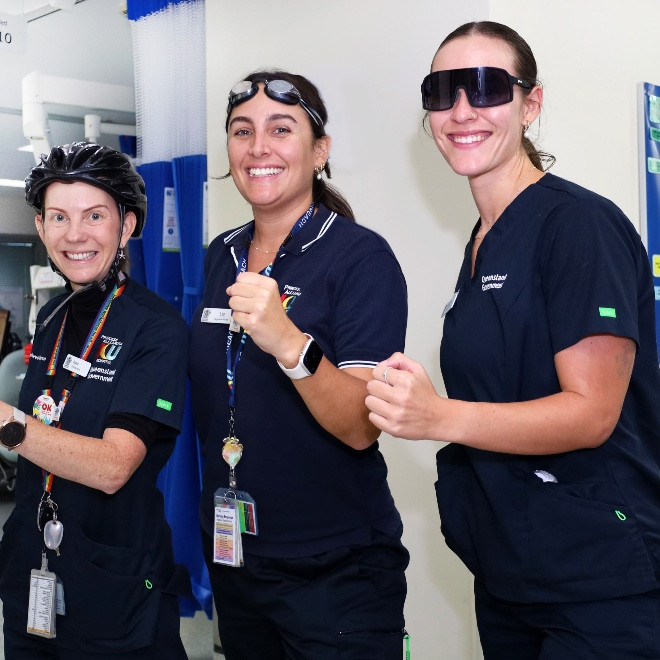 Anita just donated $54.12
Anita just donated $54.12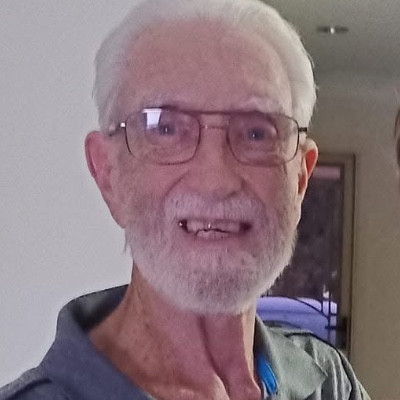 Ben Wright just donated $54.12
Ben Wright just donated $54.12 Jen Matsas just donated $27.81
Jen Matsas just donated $27.81 Emily Smith just donated $85.48
Emily Smith just donated $85.48 Braddon Cummins just donated $54.12
Braddon Cummins just donated $54.12 Tania Connally just donated $52.92
Tania Connally just donated $52.92 Son Luong just donated $33.15
Son Luong just donated $33.15 Felicity Cooper just donated $54.12
Felicity Cooper just donated $54.12 Carey just donated $27.81
Carey just donated $27.81 Jas just donated $27.81
Jas just donated $27.81 Sophie just donated $54.12
Sophie just donated $54.12 Lee & Sam just donated $27.81
Lee & Sam just donated $27.81 Tai Kwan just donated $11.65
Tai Kwan just donated $11.65 Belinda Raddatz just donated $27.81
Belinda Raddatz just donated $27.81 Rowan Voigt just donated $211
Rowan Voigt just donated $211 Charlotte B just donated $11.65
Charlotte B just donated $11.65 Josie just donated $54.12
Josie just donated $54.12 Jacquie Tootell just donated $125.60
Jacquie Tootell just donated $125.60 Natasha Tootell just donated $106.12
Natasha Tootell just donated $106.12 Tai Kwan just donated $11.65
Tai Kwan just donated $11.65
Our Stories - Your impact
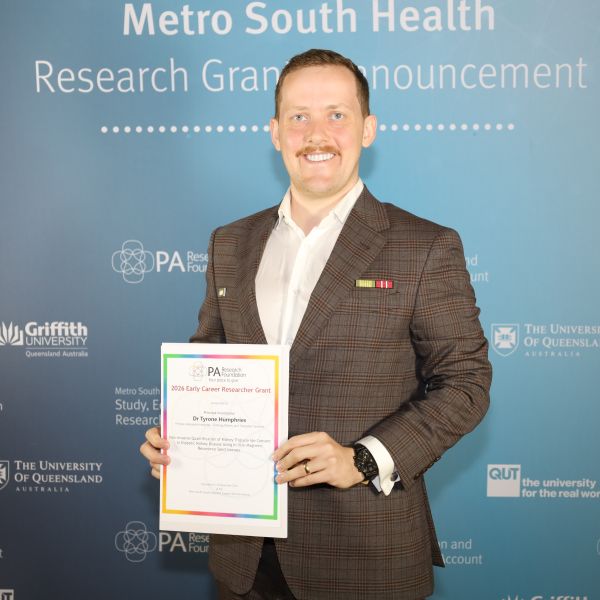
Kidney research to help patients
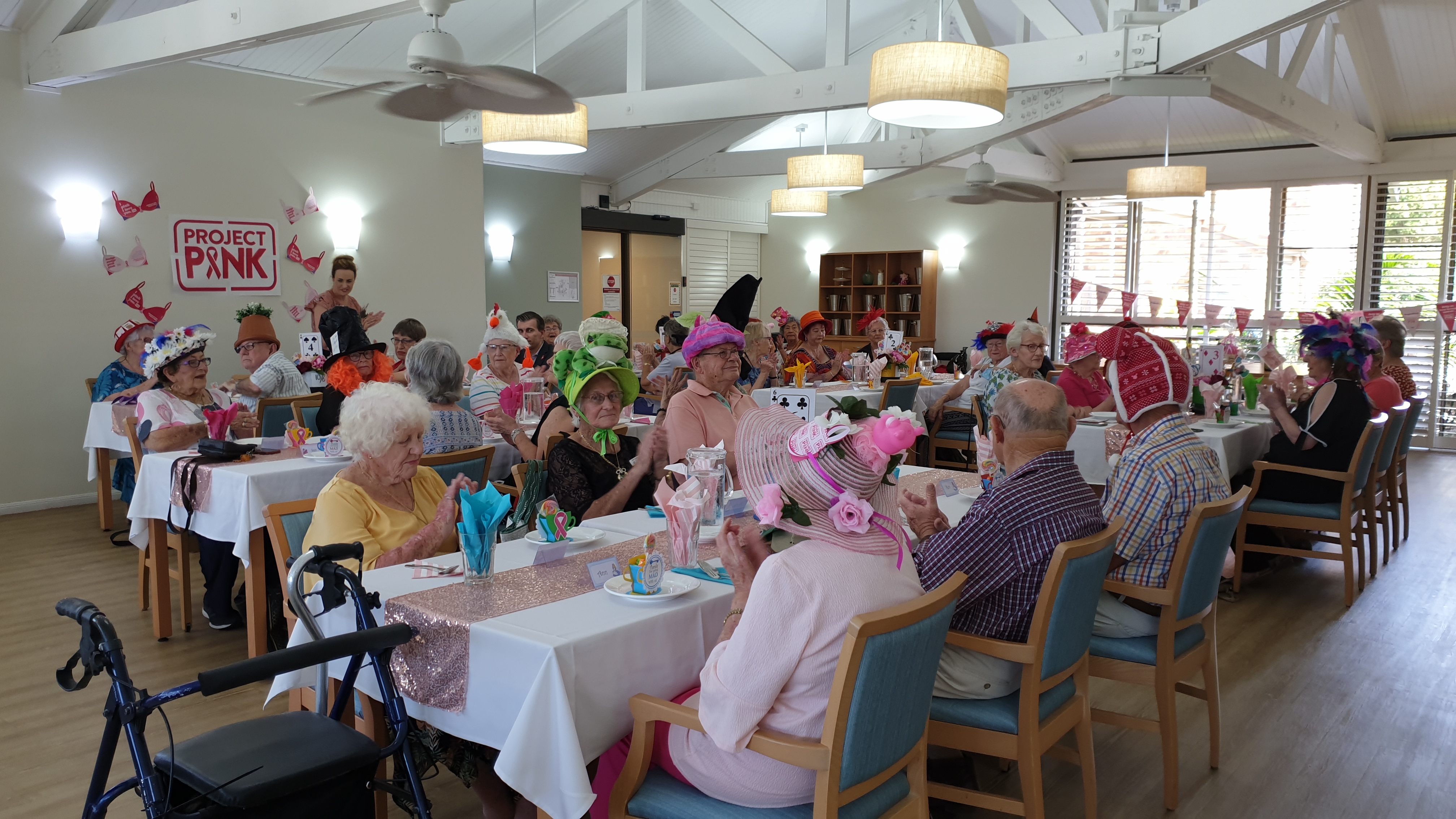
A shared commitment to community, care and connection
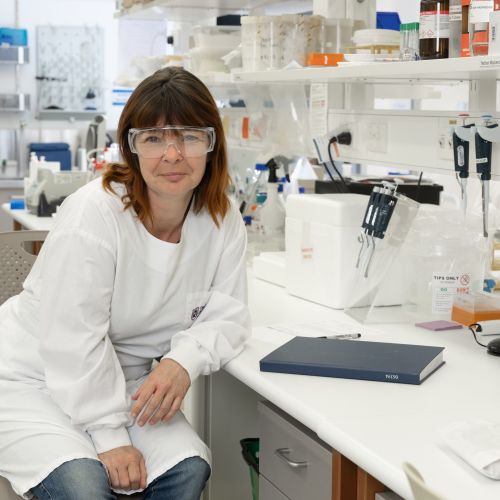
Donors driving breast cancer research
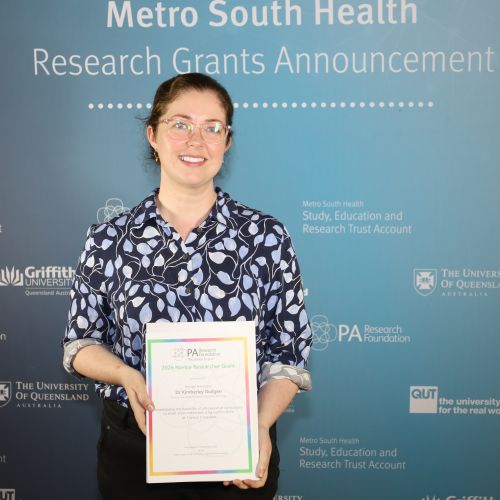
Gamma Knife study aims to improve outcomes
Thank you for making the PA your place to give





























Thank you to our amazing partners...








